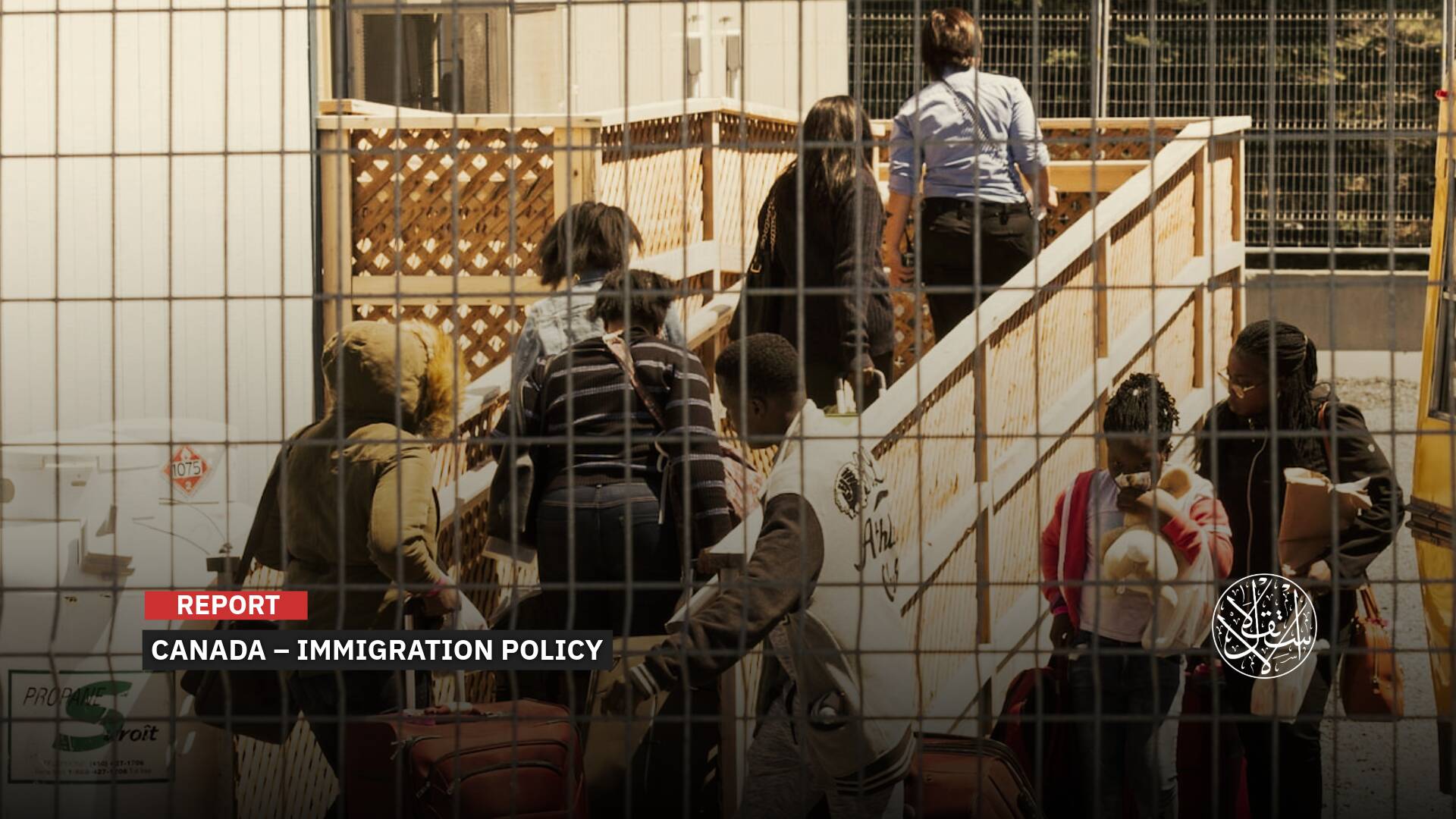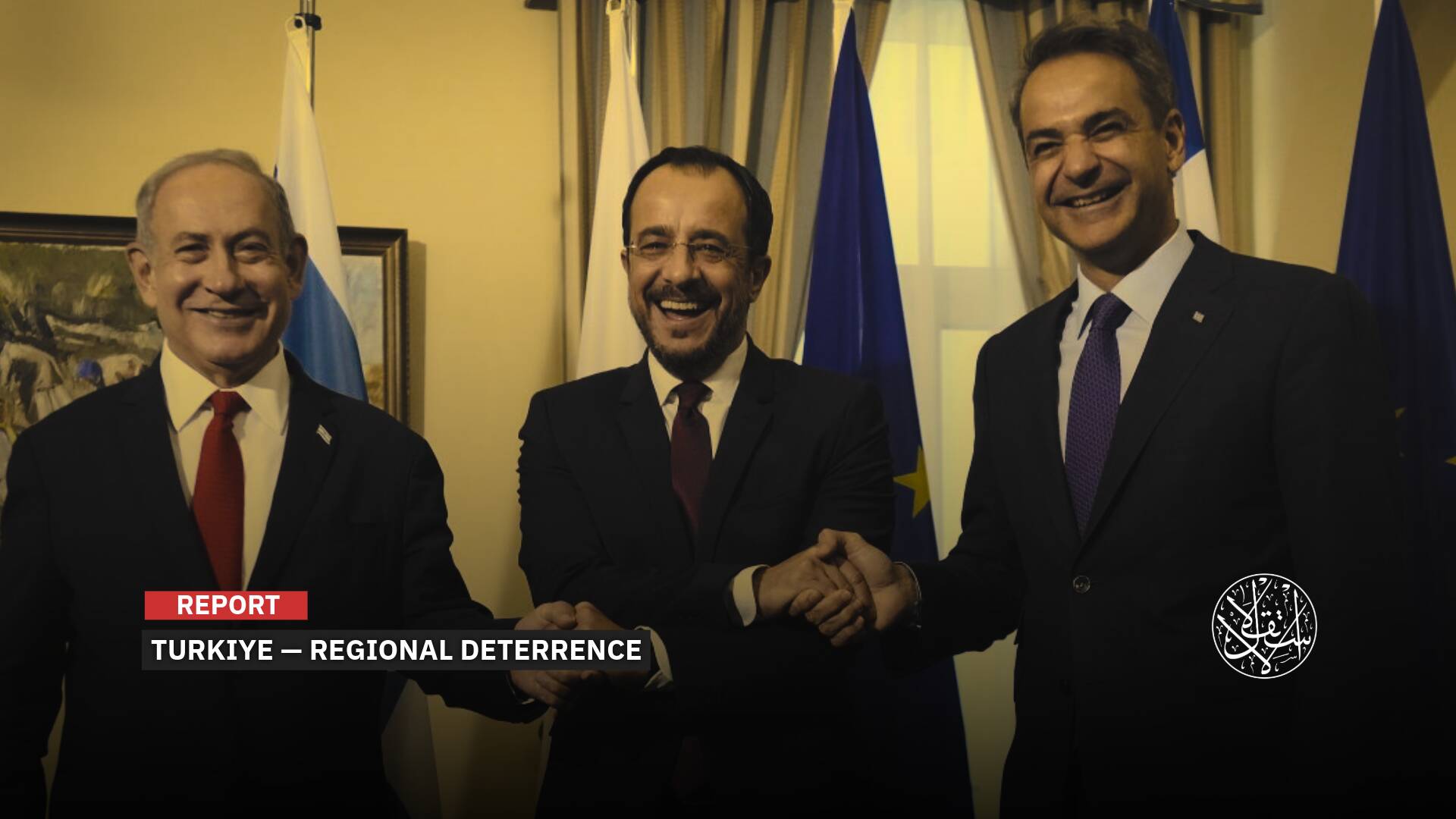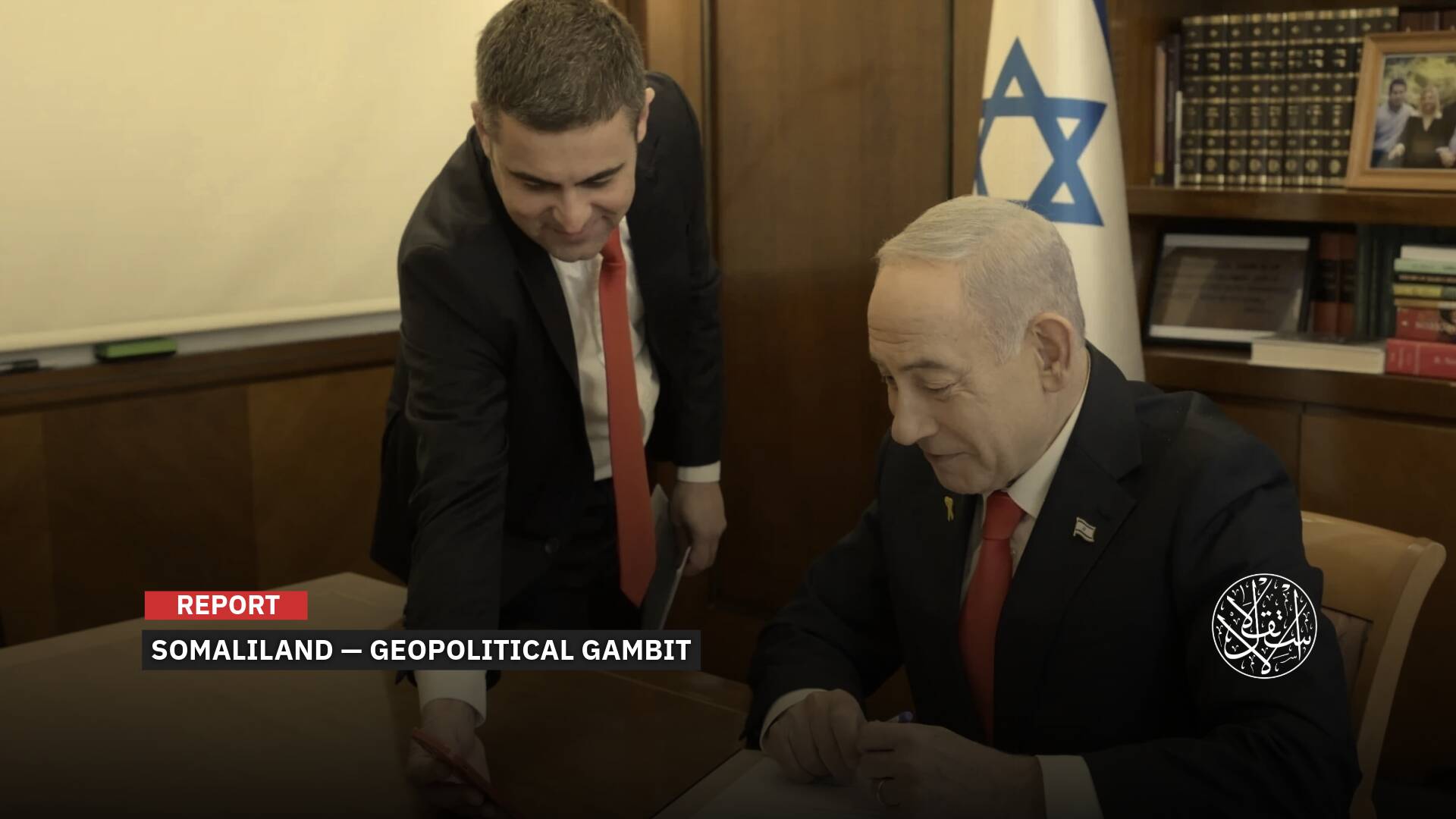27.6% of Moroccan Schengen Visa Applications Rejected, Why?

Morocco ranked fifth in the world in terms of the number of applications to obtain a Schengen visa during the past year. However, the rejection rate of the visa application is much higher than the average global enforcement rate for Schengen visa applications of 13.5 percent. Questions arise about the political and social reasons standing behind this trend.
Over the past year, Moroccans submitted 157,100 applications for a Schengen visa, 27.6 percent of which were rejected.
According to the SchengenVisaInfo.com website, Morocco ranked fifth in terms of applications for Schengen visas, despite a decrease of 77 percent compared to 2019, which recorded 705,293 applications.
Out of the total Moroccan applications, 39,520 applications were rejected, with a rate of 27.6 percent.
Refusal Context
In September 2021, Paris announced that it would reduce the number of visas granted to Algerian and Moroccan nationals by 50% and to Tunisians by 30%, due to the “refusal” of these three Maghreb countries to return their citizens who are in an irregular situation.
At the time, Rabat considered this decision unjustified. More than a year and a half later, this militancy is still in effect as a collective punishment for the many Moroccans who regularly travel to France for family visits, business trips, or tourist stays, and who find themselves side victims of an unrelated retaliatory measure.
The French newspaper Le Monde quoted the Consulate General of France in Rabat that "the dialogue is continuing with Morocco on immigration issues." But she did not want to explain in detail how Paris proceeded to refuse visa applications.
In 2019, before the COVID-19 epidemic, Morocco—which shares close historical, cultural, and economic ties with France—was the third country to issue visas: 346 thousand out of 420,000 applications were responded to.
"We cannot call this policy led by France towards the Maghreb countries as a war. It is a French policy and punitive options against the countries of the Maghreb," said Mustafa Tousa, a political analyst specializing in French affairs.
He added, in a statement to Moroccan local newspaper Hespress, that the diplomatic dialogue between France and these countries has reached a dead end regarding the necessity of returning people who do not hold residency papers and minor children who cause social problems in some French cities.
He stressed that there were attempts to persuade these Maghreb countries to facilitate the return of these people to their countries of origin, but since the dialogue reached a dead end, France took punitive measures against these countries.
Pandemic Circumstance
Moroccans submitted more than half of their applications for a Schengen visa at Spanish embassies, consulates, and visa centers with about 84,499 applications, followed by France with 58,310 applications.
The Schengen Visa Info website stated that the reason behind the decrease in the number of Schengen visa applications worldwide from 16.9 million in 2019 to only 2.9 million is the closure of borders by European Union countries in an attempt to prevent the spread of the Corona epidemic.
The website indicated that some European countries that reopened borders in 2021 made weekly changes regarding entry and exit procedures. Travelers, especially tourists, were discouraged from planning a visit to the European Union.
Several countries of the European Union have kept borders closed to travelers from outside the bloc, which allowed only travelers from a limited number of countries classified as epidemiologically safe to enter its territory, and Morocco was among them, according to a decision of the Council of the European Union on June 30, 2020.
Shortly after, on August 7 of the same year, the European Union issued a recommendation according to which the list of countries classified as safe was reviewed and a ban on entry of citizens from Morocco was imposed due to the high number of coronavirus cases during that period.
International Background
In an interview with Al-Estiklal, the director of the Maghreb Center for Strategic Studies explained: “The reasons for rejecting the Schengen visa for Moroccans are many and varied. Including what is related to the tense relations last year between Morocco and several European countries, especially Spain. Spain is the first destination for Moroccan tourists and with tense political relations, it is normal for many visa applications to be rejected.”
He added: “Another important crucial reason that should be highlighted is the policy of restricting immigration and the flow of immigrants, which is adopted by most, if not all, European countries. This makes obtaining a study, work, or tourism visa not an easy matter. However, it should be noted here that 72 percent of the requests are accepted, which is an important number compared to the requests of citizens of other Arab and African countries.”
The expert on politics emphasized: “In my opinion, the resumption of relations with Spain will lead to an increase in the acceptance of visa applications, as well as the end of the electoral stages in France will lead to the same result. The electoral race, in general, is marked by the escalation and parties' attempt to use the immigration card to win the support of voters. Now, with the end of the rhetorical escalation and the electoral campaigns, it is expected that relations will become stronger, and the visa application process will become easier.”
Sources
- More than 705,000..Morocco is the fifth country in the "Schengen" visa applications [Arabic]
- Morocco and its European partners...between strategic partnership and temporary tensions. [Arabic]
- The formation of a new French government paves the way for an end to the "visa war" between Rabat and Paris [Arabic]













